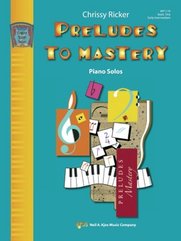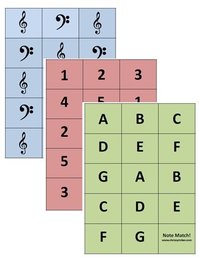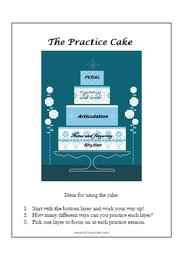
I am honored to share that my "Preludes to Mastery" books 1
and 2 were featured in the "New Music Reviews" section
of the January/February 2017 issue of Clavier Companion magazine!
The full-page review presented an overview of the two books, as well as a more detailed discussion of several of the preludes, including Prelude No. 7, which was inspired by Chopin; Prelude No. 16 for the left hand alone; and Prelude No. 19, a twelve-tone piece.
Reviewer Suzanne Schons writes:
"Chrissy Ricker's two books of preludes provide a fresh and varied assortment of pieces in Baroque, Classical, Romantic, and Contemporary styles....Perhaps most appealing are Ricker's contemporary-style compositions. They are delightful pieces that expose students to a variety of techniques and devices found in modern works, including changing meters, odd meters, syncopated rhythms, and jazz influences....Any of the preludes would work quite well as recital pieces and would prepare students for the works of the great composers."
Thanks so much to Suzanne Schons and to Clavier Companion!
If you would like to listen to the preludes from these two books, check out my playlists on YouTube! Find the playlist for book 1 HERE and the playlist for book 2 HERE.
These books are published by Kjos Music Company and available for purchase through Sheet Music Plus (Book 1 and Book 2) as well as many other major music retailers.





 RSS Feed
RSS Feed